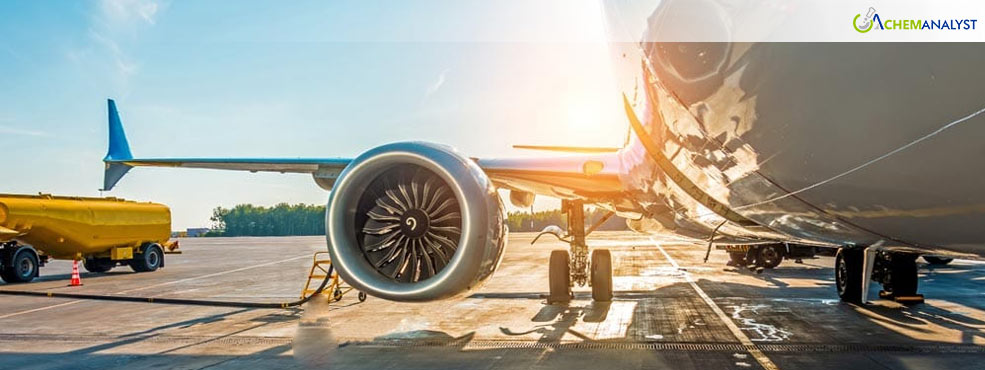Welcome To ChemAnalyst

The Philippine Coconut Authority (PCA) has taken a significant step towards establishing the country as a major player in the global biofuel industry by partnering with Japan-based Manryu Co. Ltd. to explore the production of sustainable aviation fuel (SAF) using local coconut oil.
The partnership, formalized through a memorandum of understanding, aims to leverage Manryu's innovative Maeda Method for biodiesel and SAF manufacturing. This method promises enhanced safety features and cost-efficient production, making it a promising avenue for the development of SAF in the Philippines.
The PCA's initiative aligns with the Department of Energy's (DOE) mandate to increase the use of biofuels in the country. The agency has already required all diesel fuel sold in the Philippines to be a 3% blend of coco methyl ester (CME). This requirement will further increase to 4% by October 1, 2025, and to 5% a year later.
By partnering with Manryu, the PCA seeks to optimize the use of local coconut oil in the production of biofuels. The agency will provide access to its research facilities and high-quality coconut oil, while Manryu will supply its technology and equipment. Together, they will conduct research, experiments, and testing to refine the process and ensure that the produced SAF meets global aviation fuel standards.
Last year, DOE had also pushed the aviation sector in Philippines towards using sustainable fuel derived from coconut oil blend. It is working closely with industry stakeholders and international partners to establish the necessary framework and regulations to support the adoption of SAF. For this, the DOE is actively participating in the Carbon Offsetting and Reduction Scheme for International Aviation (CORSIA), established by the International Civil Aviation Organization (ICAO). CORSIA allows airlines to offset their carbon emissions by using SAF derived from biomass or waste resources.
Philippines is also a part of CORSIA since 2018 and. The DOE is working closely with the country to ensure that it is well-prepared to meet this deadline by promoting the development and adoption of SAF. The DOE believes that coconut oil, a readily available and abundant resource in the Philippines, presents a promising feedstock for SAF production.
The development of SAF is a crucial step towards reducing greenhouse gas emissions from the aviation industry. By utilizing locally sourced coconut oil, the Philippines can contribute to a more sustainable and environmentally friendly transportation sector.
The Carbon Offsetting and Reduction Scheme for International Aviation is designed to offset carbon emissions and reduce CO2 output from international flights, aiming to mitigate the aviation industry's impact on climate change.
We use cookies to deliver the best possible experience on our website. To learn more, visit our Privacy Policy. By continuing to use this site or by closing this box, you consent to our use of cookies. More info.
